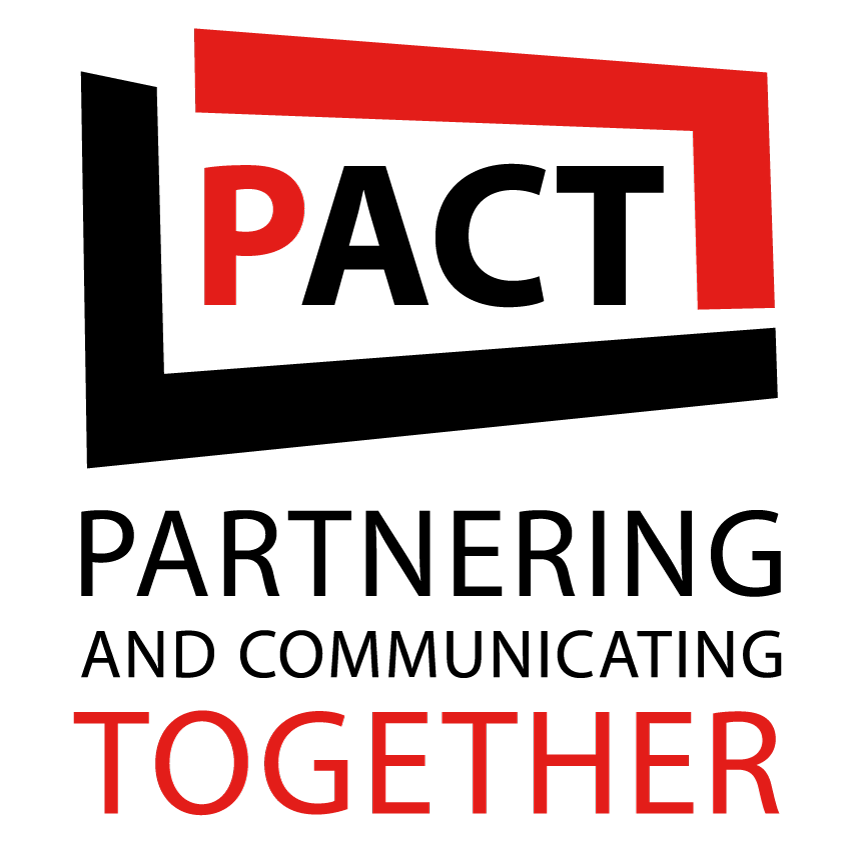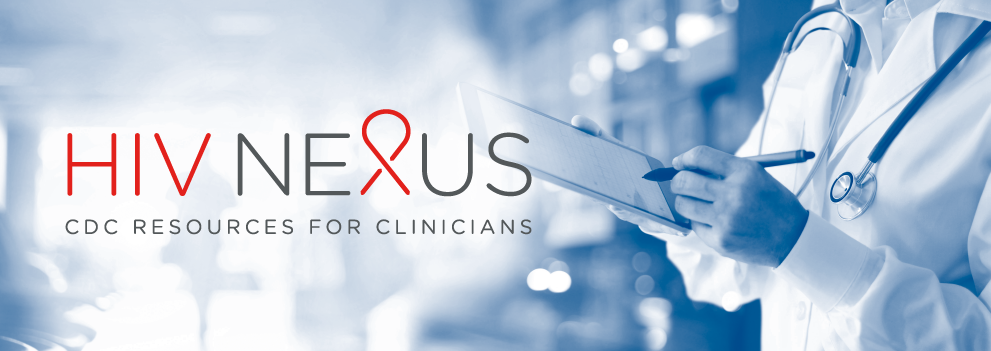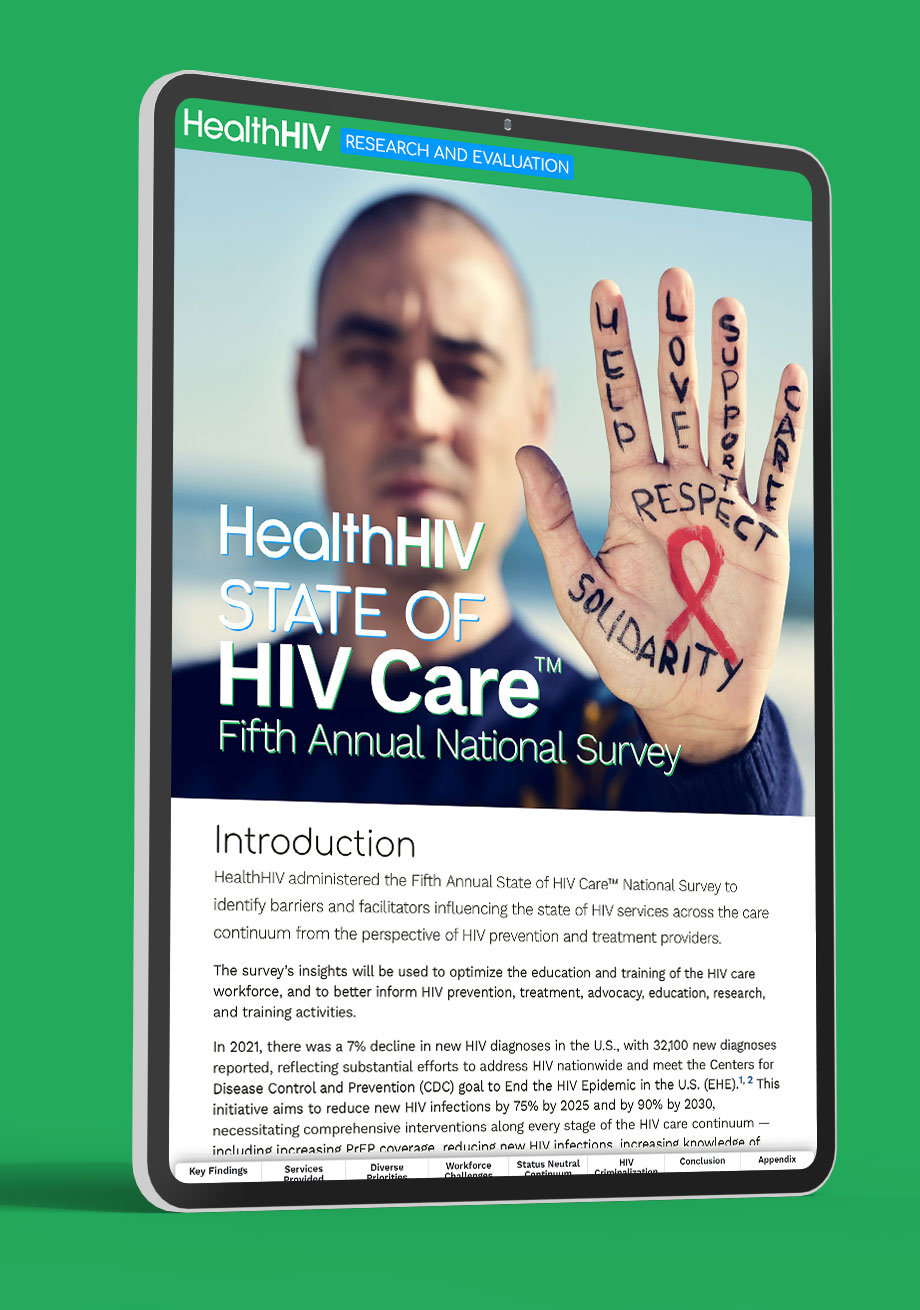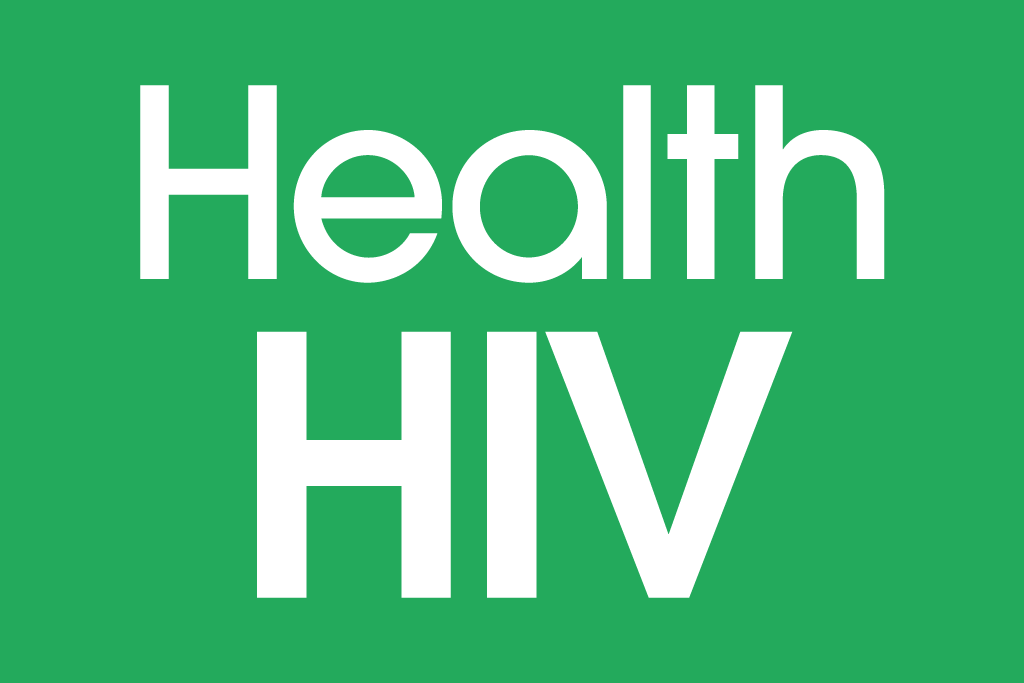Survey identifies challenges in PrEP awareness/access, provider burnout, treatment priorities, retention in care, and integrating services
Washington, DC, November 28, 2023 — The HIV prevention, care, and treatment landscape shows challenges across the HIV care continuum, according to the just released digital report of the findings from the HealthHIV State of HIV Care™ Fifth Annual National Survey. HealthHIV’s survey identified that healthcare providers see significant structural challenges across the status-neutral HIV care continuum – from PrEP awareness to HIV viral suppression, impacting progress towards ending the HIV epidemic. Key survey findings also indicate that workforce burnout is significant and persists beyond the COVID pandemic and that HIV providers prioritize behavioral health, aging, and comorbidity management as their key treatment concerns.
HealthHIV is releasing the national survey findings in advance of World AIDS Day this Friday, December 1, 2023. Thirty-five years after the first World AIDS Day, the trajectory to end the HIV epidemic by 2030 faces systemic barriers that could impact achieving equitable access to HIV prevention, care, and treatment.
Key survey findings represent the challenges and areas for improvement in HIV prevention, care and treatment from the perspective of healthcare providers, including:
- Burnout Persistent Among HIV Workforce: Strategies such as flexible scheduling, manageable workloads, and adequate staffing to combat burnout and its related workforce shortage should be prioritized.
- Providers Indicate PrEP Awareness and Outreach Top Priority: Efforts to enhance PrEP uptake along the continuum, focusing on awareness and promotion of PrEP, especially in racial and ethnic minorities and among unstably housed individuals are needed to reduce new HIV infections.
- Limited Familiarity with Status-Neutral Care Delays Integration of Prevention and Treatment Settings: Only 30% of participants were aware of this framework, underscoring the necessity for enhanced education and promotion to foster better connections between prevention and treatment environments.
- Prescribers Most Concerned About Managing HIV Treatment with Competing Priorities Including Aging, Comorbidities, and Behavioral Health: Complexities in care underscore the importance of integrated services to effectively address the multifaceted needs of individuals with HIV.
- Retention in HIV Care Challenging Due to Mental Health Issues, Substance Use, and Housing Instability: Developing targeted interventions to address social determinants of health is needed to improve overall patient engagement and outcomes.
- Lack of Awareness of the Effect of HIV Criminalization on Underserved Communities: Promoting public awareness, educating lawmakers and law enforcement officials, and advocating for public health approaches are key steps to address this issue and its impact on people living with HIV.
In the survey, HealthHIV asked respondents to describe the state of HIV care in one word. The most often mentioned words were : “improving,” followed by “better,” “progressing,” and “evolving,” suggesting that despite advancements in care, the need for continued improvement exists.
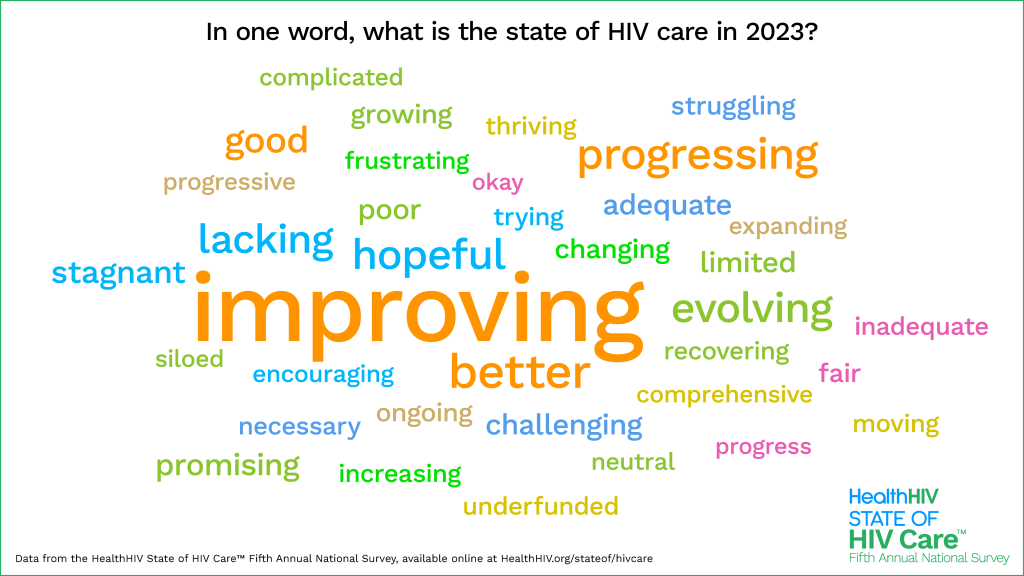
“These findings provide critical insights into the state of HIV prevention and care from the perspective of the workforce, who are on the ground doing the work and telling us they need support. As an HIV care provider myself, the challenges identified by respondents resonate with me,” says HealthHIV Director of Health Services Research and Evaluation Elizabeth Moore, PhD, FNP-BC, ACRN. “As we move beyond the COVID-19 pandemic, it is imperative that we prioritize the well-being of HIV providers and work towards eliminating the barriers that impede their efforts to provide the best care.”
“This survey shows a health care system not operating in synchronicity, which widens the gap in access to prevention and care services,” states HealthHIV Executive Director Brian Hujdich. “Our data inform an evolving landscape for improving HIV care, with an exhausted workforce addressing multiple epidemics in a chaotic environment with ongoing challenges to accessing care.”
For more information about the report, please contact Elizabeth Moore, HealthHIV’s Director of Health Services Research and Evaluation, at [email protected].
About HealthHIV’s State of HIV Care™ Fifth Annual National Survey
These key insights were obtained through engagement with 1,031 clinical and nonclinical healthcare providers from diverse backgrounds across the country. To access the full State of HIV Care™ Fifth Annual National Survey report and learn more about the findings, please visit HealthHIV.org/stateof/hivcare
About HealthHIV’s “State Of” Surveys
HealthHIV Research and Evaluation conducts regular national surveys to better inform ongoing advocacy, education, research, and training activities. These “State Of” surveys provide unique insight into patient and provider issues in order to optimize primary and support services for diverse communities. The regular reports offer the ability to study multi-year trend analyses illustrating changes, challenges, and opportunities to address the needs of providers and patients. HealthHIV, HealthHCV, and the National Coalition for LGBTQ Health conduct “State Of” surveys addressing HIV care, HCV care, LGBTQ healthcare, harm reduction, and aging with HIV.

